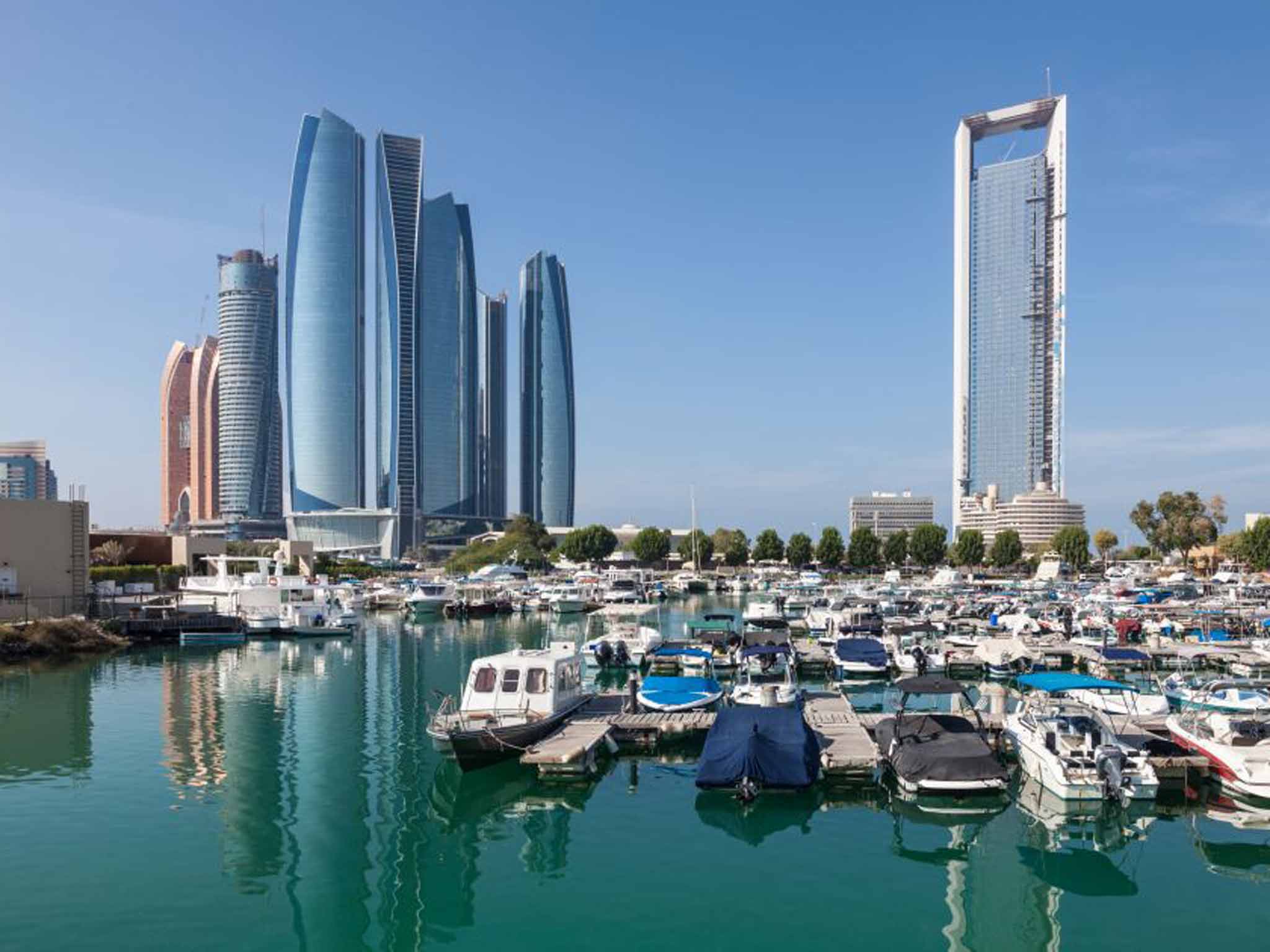Saudi Arabia and UAE prepare to introduce taxes to boost revenues after oil price collapse
The value-added tax, or VAT, will apply to a range of items like food, clothes, electronics and petrol, as well as phone, water and electricity bills, and hotel reservations

Your support helps us to tell the story
From reproductive rights to climate change to Big Tech, The Independent is on the ground when the story is developing. Whether it's investigating the financials of Elon Musk's pro-Trump PAC or producing our latest documentary, 'The A Word', which shines a light on the American women fighting for reproductive rights, we know how important it is to parse out the facts from the messaging.
At such a critical moment in US history, we need reporters on the ground. Your donation allows us to keep sending journalists to speak to both sides of the story.
The Independent is trusted by Americans across the entire political spectrum. And unlike many other quality news outlets, we choose not to lock Americans out of our reporting and analysis with paywalls. We believe quality journalism should be available to everyone, paid for by those who can afford it.
Your support makes all the difference.Saudi Arabia and the United Arab Emirates, which have long lured foreign workers with the promise of a tax-free lifestyle, plan to impose a 5 per cent tax next year on most goods and services to boost revenue after oil prices collapsed three years ago.
The value-added tax, or VAT, will apply to a range of items like food, clothes, electronics and petrol, as well as phone, water and electricity bills, and hotel reservations.
Elda Ngombe, a 23-year-old college graduate who's looking for a job in Dubai, said there's one specific purchase she's planning before next year's price hike: "Makeup, because I can't live without makeup."
"I am scared because everything is actually expensive already in Dubai. The fact that it's actually adding 5 per cent is crazy," she said.
There will be some exemptions for big-ticket costs like rent, real estate sales, certain medications, airline tickets and school tuition. Higher education, however, will be taxed in the UAE. Extra costs parents pay to schools for uniforms, books, school bus fees and lunch will also be taxed, as will real estate brokerage costs for renters and buyers.
Other Gulf countries are expected to implement their own VAT scheme in the coming years.
Shops, gyms and other retailers are trying to make the most of the remaining tax-free days in Saudi Arabia and the UAE, encouraging buyers to stock up before the VAT is rolled out on 1 January.
Even with a 5 per cent jump in prices, the tax rate is still significantly less than the average VAT rate of 20 per cent in some European countries.
"If you compare with Europe, I don't think it's as expensive. Only in rent and food," said Vera Clement, a mother and assistant manager of restaurants from France who has lived in Dubai for three years. "We are going to be more careful when we buy something," she added.
The National newspaper, based in Abu Dhabi, says the cost of living in the UAE is expected to rise about 2.5 per cent next year because of the VAT. Salaries, meanwhile, remain the same.
As the government adjusts to lower oil prices, the UAE is expected to raise around 12 billion dirhams (£2.5bnbn) from the tax.
Meanwhile, Saudi Arabia recently unveiled the biggest budget in its history, with plans to spend 978 billion riyals (£195bn) this coming fiscal year as the government forecasts a boost in revenue from the introduction of VAT and plans to reduce subsidies. Still, Saudi Arabia is facing a budget deficit until at least 2023.
The International Monetary Fund has recommended oil-exporting countries in the Gulf introduce taxes as one way to raise non-oil revenue. The IMF also recommends Gulf countries introduce or expand taxes on business profits.
IMF Middle East director Jihad Azour said VAT is part of a long-term tax reform to help Gulf states reduce their dependence on oil revenues. "It is something that will allow the government to diversify revenues," he told AP on the sidelines of an event in Dubai, adding that any immediate slowdown in spending by consumers next year will be compensated for with government investments.
In line with IMF recommendations, Saudi Arabia and the UAE this summer imposed a 100 per cent tax on tobacco products and energy drinks, and a 50 per cent tax on soft drinks. VAT, however, is by far the most wide-ranging tax to be rolled out in the two countries.
Associated Press
Subscribe to Independent Premium to bookmark this article
Want to bookmark your favourite articles and stories to read or reference later? Start your Independent Premium subscription today.
Join our commenting forum
Join thought-provoking conversations, follow other Independent readers and see their replies
Comments